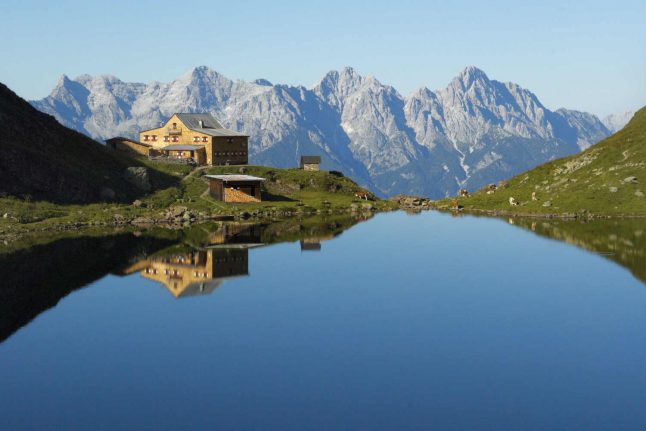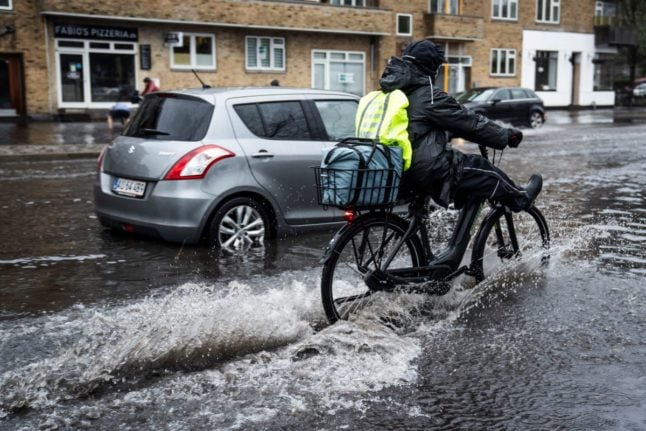The incoming government in Vienna, a coalition between conservatives and greens, has vowed to make Austria a front-runner in climate protection by beating the EU-wide target of carbon neutrality by 2050.
“It is impressive to see that Austria has set itself the goal of being climate-neutral by 2040,” von der Leyen said as she met Chancellor Sebastian Kurz for talks in Brussels.
“I hope that the Austrian model with these ambitious goals will set an example for us.”
Austria has pledged to get all its energy from renewable resources by 2030 and to invest more in public transport but the government faces a tough task.
Renewable energy already accounts for about a third of Austria's consumption, almost double the EU average.
The leaders of the 28 EU states agreed last month to the target of making the bloc carbon neutral by 2050 but the deal was undermined by Poland refusing to implement the aim.
The EU's climate monitor warned this week that 2019 was the second hottest year ever recorded as world leaders struggle to get a grip on the environmental crisis.



 Please whitelist us to continue reading.
Please whitelist us to continue reading.
Member comments